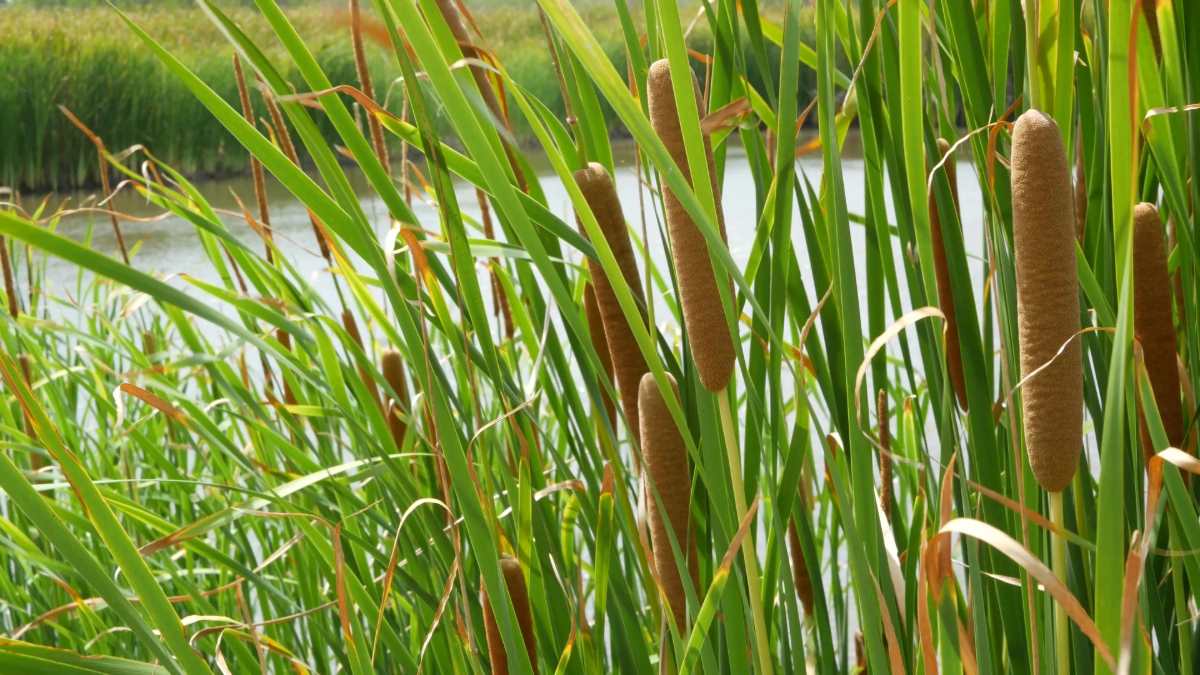The shepherd’s kit comprises:
- The Scrip: “Shepherd’s bag” (yalquwt), as appears in 1 Samuel 17:40 is a synonym for the bag in which the shepherds of Palestine carried their food or other necessities. It is one of the elements that make up the shepherd’s tools. Others that we glean from the same scripture are:
- The staff/rod (Psalm 23:4)
- The sling, and one other that’s not in this scripture but spoken to,
- The reed, in Isaiah 42:3 and quoted again in Matthew 12:18-20 regarding our great Shepherd, the Lord Jesus Christ.
Matthew 12 explains the prophecy of Isaiah regarding the manner the shepherd deals with the sheep on one hand and how the shepherd deals with those opposition, who contest and contend with Him on how He deals with the sheep! More can be gleaned from Ezekiel 34.
It is the fourth element that we speak to today. What is a reed? What does a shepherd do with a reed?
By definition, a reed is a tall, slender-leaved plant of the grass family with a hollow, jointed stalk that grows in water or on marshy ground. Long reed plants are very flexible. When the wind blows the plants can bend and lie close to the ground. The reeds immediately return to being upright when the wind stops. People can cut the stems. The imagery of the reed as shown in the scriptures is that of a weak or impressionable person, and is symbolic of the frailty of our human condition.
**It was common practice for Biblical shepherds to fashion a musical reed pipe from two pieces of the hollowed-out cane. The sound was made by blowing across a sharp edge. Notes were controlled by blocking holes with the fingers in each tube. This Biblical reed pipe is an ancestor of modern day “reed” instruments such as the saxophone, clarinet, etc.
The materials for making Biblical reed pipes were:
- very plentiful and readily accessible to shepherds.
- also extremely easy to make. Because of this, it was common practice for the shepherd to break and dispose of a torn reed choosing rather to craft a new one versus repairing the torn one.
It is this custom that Isaiah referred to when he prophetically spoke these words:
A bruised reed shall he not break, and the smoking flax shall he not quench; he shall bring forth judgement unto truth. Isaiah 42:3.
Even though it was the custom of Biblical shepherds to discard a torn reed, it is not the practice of the Good Shepherd to do so. — **Culled from Discipled By Design
Remember the lyrics of the song He Will Not Let You Fall by Maranatha Singers:
I look up to the mountains
To the hills I turn my eyes
Who will come to help me?
Can I find a place to hide?
The one who made the heavens
And the earth will hear my call
The Lord will come to help me
And He will not let me fall
Rise and return to the Good Shepherd. Shalom.
Pastor Afolabi Oladele


Leave a Reply